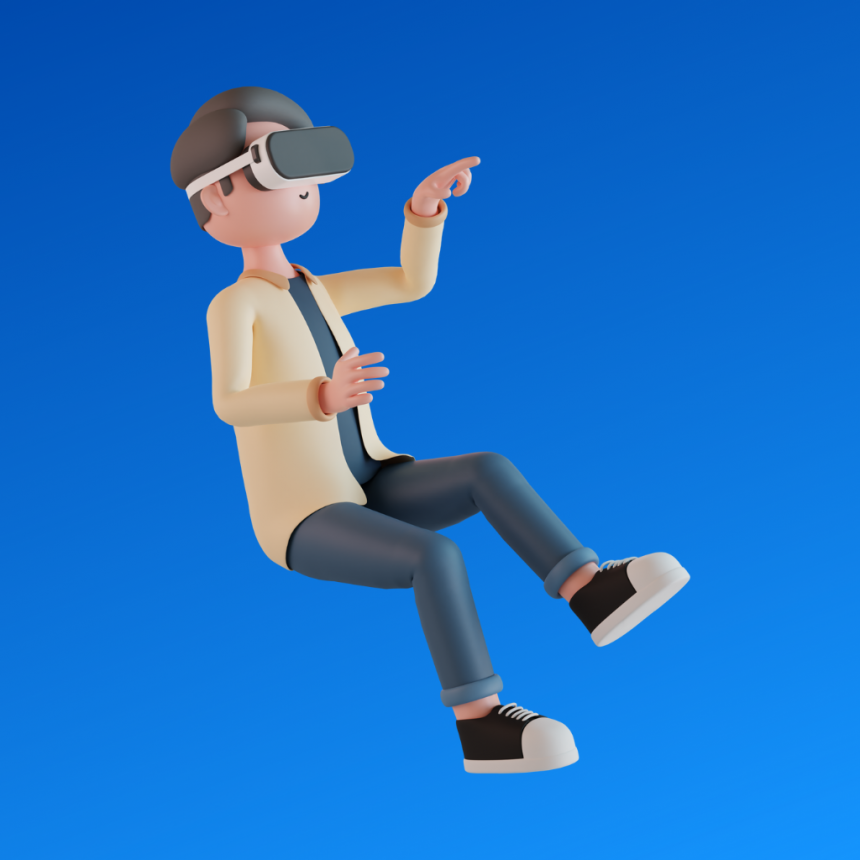
The Impact of Virtual Reality in 2023
Virtual Reality (VR) has come a long way in the last few years and its impact in 2023 is predicted to be even more influential. As technology advances, Virtual Reality provides a viable solution for businesses, education and entertainment giving individuals increasingly immersive and interactive experiences. This essay will examine the potential effects of Virtual Reality in the year 2023; from commercial applications to the potential for enhanced learning opportunities, Virtual Reality is set to have a significant impact in the near future.
Coffee has long been a popular beverage, and recent studies have produced evidence to suggest it may have beneficial health effects. A Cano-Marquina, JJ Tarín, and A Cano (2013) conducted a study on the impact of coffee on health and found that regular coffee consumption may reduce the risk of certain diseases. This study investigated the effects of coffee intake on cardiovascular health, diabetes, liver function and various cancers. Results showed that drinking coffee had a protective effect against some diseases, such as type 2 diabetes and hepatocellular carcinoma. The authors also suggested that drinking coffee may reduce the risk of coronary artery disease due to its antioxidant and anti-inflammatory properties. However, more research is needed to further understand the full health effects of coffee consumption. Overall, while more research is needed, the current evidence suggests that regular coffee consumption can have a positive effect on health, and may even reduce the risk of certain diseases.
Recent research on perceiving distance in virtual reality has gained much attention in the past decade. As expressed in a study by SH Creem-Regehr, JK Stefanucci and their colleagues (2023), advances in technology have enabled a greater understanding of how humans perceive distance in virtual reality settings. Through the use of contemporary technologies, participants in the study were able to accurately estimate the distance of virtual objects in a natural and intuitive way. The researchers found that the body’s proprioception, or sensing of the relative positions of the parts of the body, was the primary factor influencing perception of distance in virtual reality. They also suggested that the experience of virtual reality can be enhanced through the use of visual cues, such as shadows and texture, to further accentuate the perception of distance. These findings provide insight into how the experience of virtual reality can be improved by using various cues to give the user a more realistic sense of distance.
Coffee has been a popular drink for centuries and its effects on health have long been studied. A Cano-Marquina, JJ Tarín, and A Cano conducted research in 2013 to explore the impact of coffee on health. Their research suggested that coffee consumption has many potential health benefits, including a lower risk of type 2 diabetes, Parkinson’s disease, and liver cancer. In addition, it can reduce the risk of stroke and cardiovascular disease. Furthermore, coffee consumption may also have a protective effect against Alzheimer’s disease, though this finding is still inconclusive. While more research is needed to fully understand the effects of coffee on health, the research of Cano-Marquina et al. (2013) provides evidence of the potential for coffee to provide health benefits.
The impact of virtual reality (VR) in 2023 is likely to be immense, and its effects will be felt across multiple industries. Advances in the technology are expected to enable innovative applications, enhanced customer experience and improved collaboration. With the right strategies, strategies and investments in place, companies can use VR to establish a competitive advantage and even create new markets. The future of virtual reality is certainly an exciting one, and with its potential to revolutionize society, the possibilities are limitless.
Reference:
SH Creem-Regehr., JK Stefanucci."Perceiving distance in virtual reality: theoretical insights from contemporary technologies."https://royalsocietypublishing.org/doi/abs/10.1098/rstb.2021.0456





